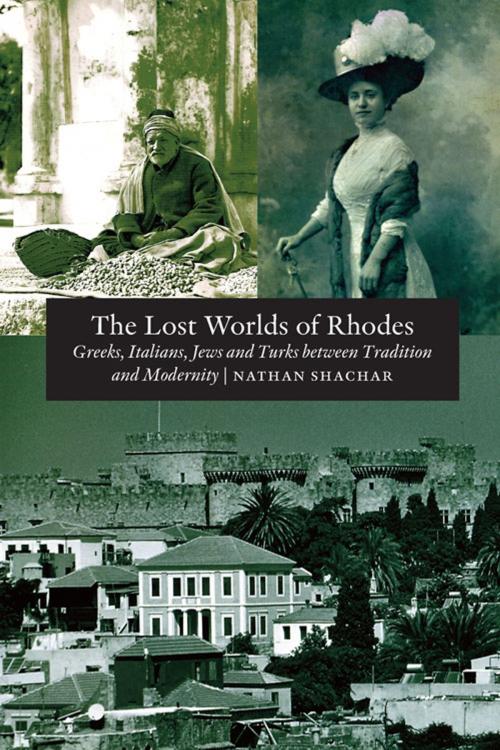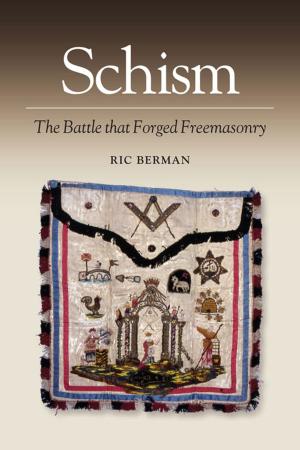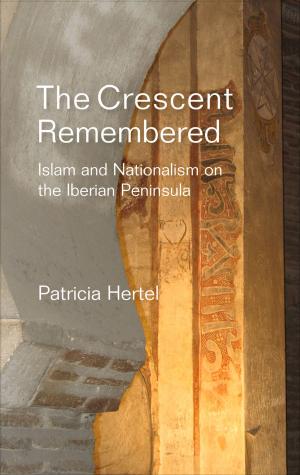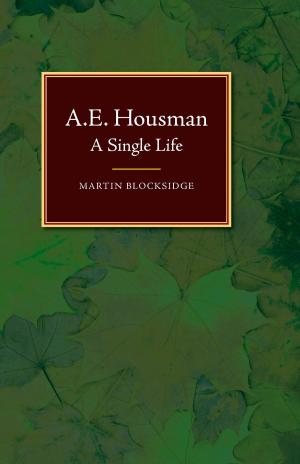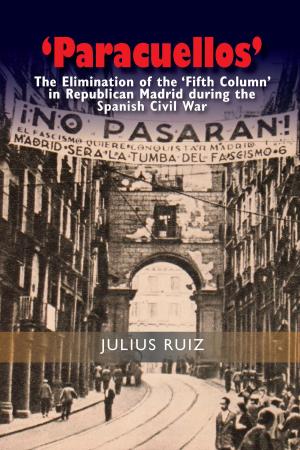The Lost Worlds of Rhodes
Greeks, Italians, Jews and Turks Between Tradition and Modernity
Nonfiction, History, Jewish| Author: | Nathan Shachar | ISBN: | 9781782840527 |
| Publisher: | Sussex Academic Press | Publication: | April 1, 2013 |
| Imprint: | Sussex Academic Press | Language: | English |
| Author: | Nathan Shachar |
| ISBN: | 9781782840527 |
| Publisher: | Sussex Academic Press |
| Publication: | April 1, 2013 |
| Imprint: | Sussex Academic Press |
| Language: | English |
Four peoples, each with its own culture, language and faith, shared a small Mediterranean town and experienced, each in its own way, the upheavals of war, modernity, emigration and occupation. With the German takeover in 1943, the Holocaust in 1944 and the beginning of Greek rule in 1947, this multiethnic world perished forever. At the centre of this book stands the Sephardi community Spanish-speaking Jews who arrived in Rhodes sometime after the Spanish expulsion edict of 1492 and who remained the largest single group within the old city walls until Italy adopted German racial legislation in 1938. When sultan Abdulhamit II ascended to the Ottoman throne in 1876, the Jews of Rhodes were among his most loyal and traditional, not to say hidebound, subjects. But within the course of a few decades, this bastion of piety and rabbinical tradition was thoroughly transformed by French rationalism, Italian secularism and the pressures of economic globalization. Many unlikely characters come alive in this spirited account of the vibrant and irretrievably lost world of Rhodes: The French monks who impart universal values to provincial Turks, Greeks and Jews; the Rhodian schoolboy lost in a Congolese jungle; the Italian general who brings sanitation to the medieval town; the Greek shepherd who knows the history of Rhodes better than any scholar; the Turkish diplomat whose wife was murdered by the Nazis and then risked his life to save Jews from the SS. These are just some of the stories related directly to the author, who combines journalism with scholarship in the recreation of a unique cultural microcosm.
Four peoples, each with its own culture, language and faith, shared a small Mediterranean town and experienced, each in its own way, the upheavals of war, modernity, emigration and occupation. With the German takeover in 1943, the Holocaust in 1944 and the beginning of Greek rule in 1947, this multiethnic world perished forever. At the centre of this book stands the Sephardi community Spanish-speaking Jews who arrived in Rhodes sometime after the Spanish expulsion edict of 1492 and who remained the largest single group within the old city walls until Italy adopted German racial legislation in 1938. When sultan Abdulhamit II ascended to the Ottoman throne in 1876, the Jews of Rhodes were among his most loyal and traditional, not to say hidebound, subjects. But within the course of a few decades, this bastion of piety and rabbinical tradition was thoroughly transformed by French rationalism, Italian secularism and the pressures of economic globalization. Many unlikely characters come alive in this spirited account of the vibrant and irretrievably lost world of Rhodes: The French monks who impart universal values to provincial Turks, Greeks and Jews; the Rhodian schoolboy lost in a Congolese jungle; the Italian general who brings sanitation to the medieval town; the Greek shepherd who knows the history of Rhodes better than any scholar; the Turkish diplomat whose wife was murdered by the Nazis and then risked his life to save Jews from the SS. These are just some of the stories related directly to the author, who combines journalism with scholarship in the recreation of a unique cultural microcosm.
